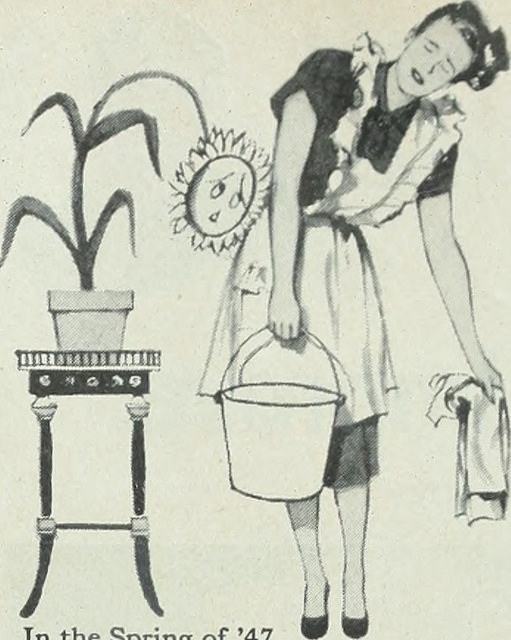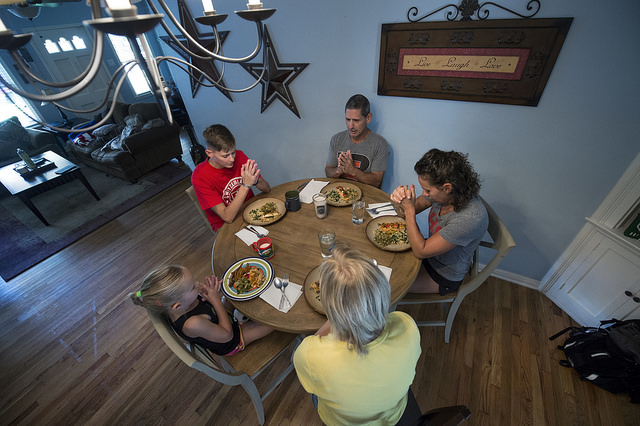“You always make me feel so mad.”
“It’s your fault because you cause me to be so crazy.”
“I wouldn’t treat you like that if you would just stop making me feel so frustrated.”
Dana and Mike had struggled for the last several years through a cycle of love and forgiveness, building tension, and explosive hurtful words and actions. And they are not alone. We have worked with many couples, like Dana and Mike, who live this crazy cycle of interacting.
You Make Me Feel This Way
Different versions of the same problem seem to focus on the idea that, somehow, it is our spouse’s fault that we are feeling the emotions that we are feeling. It is our spouse’s actions, or lack of action, that has caused me to feel these intense emotions. If we did not have this spouse, or if we did not experience our spouse’s actions (or lack of action) that way, then we would not feel the negative, intense emotions we are experiencing.
It makes for a perfect excuse to feel the way we do. When we blame our spouse for what we think about ourselves or how we feel, we have a great advantage of not having to accept responsibility for our thoughts, feelings, assumptions and actions. In our minds, we can experience a sort of “free pass” to blow up, act out, have a fit, etc.
Unless you are in a dangerous relationship, you need to double check your strategy of blaming how you feel all on your spouse.
‘When you are angry, don’t let it carry you into sin.[a] Don’t let the sun set with anger in your heart or give the devil room to work.’ Eph 4:26,27
What Causes Me To Feel So Bad?






